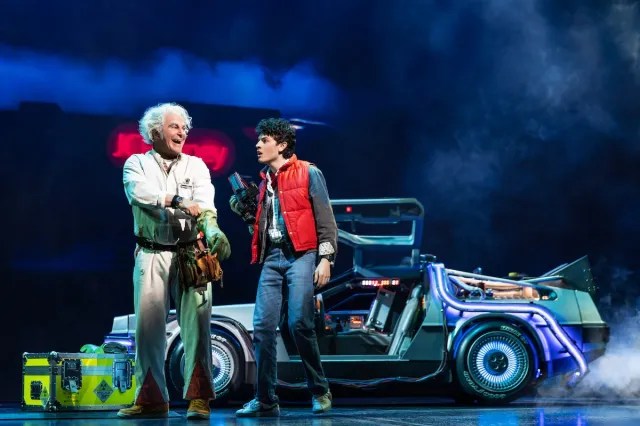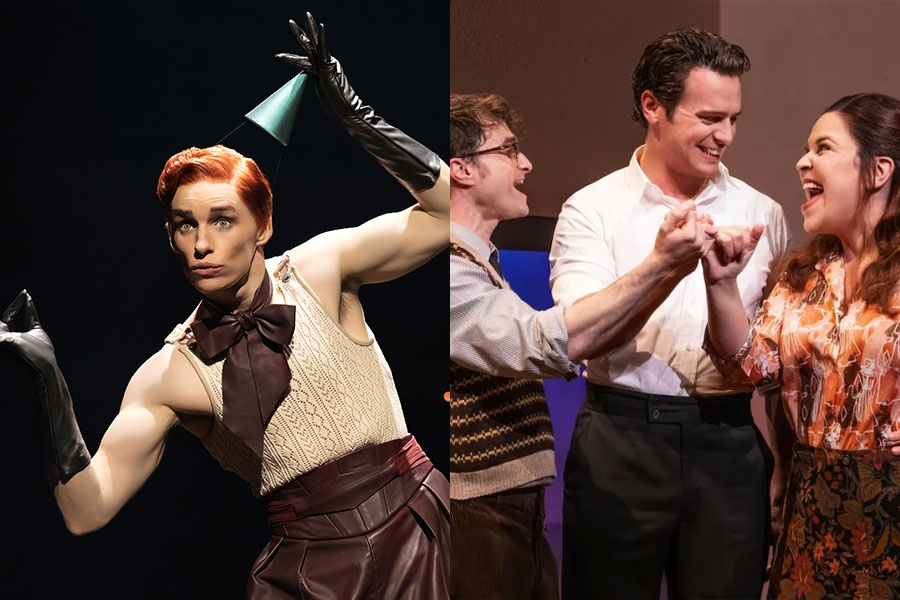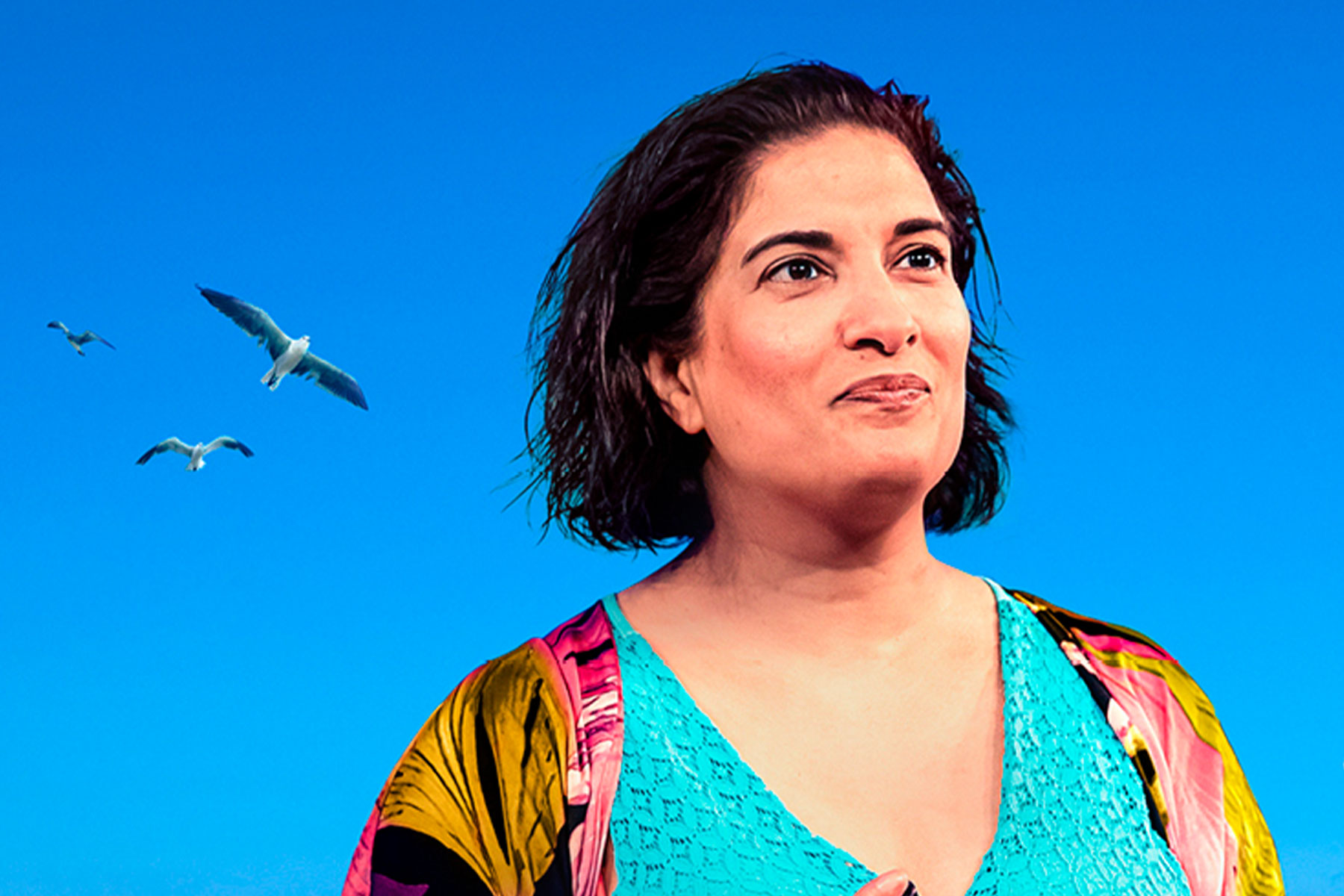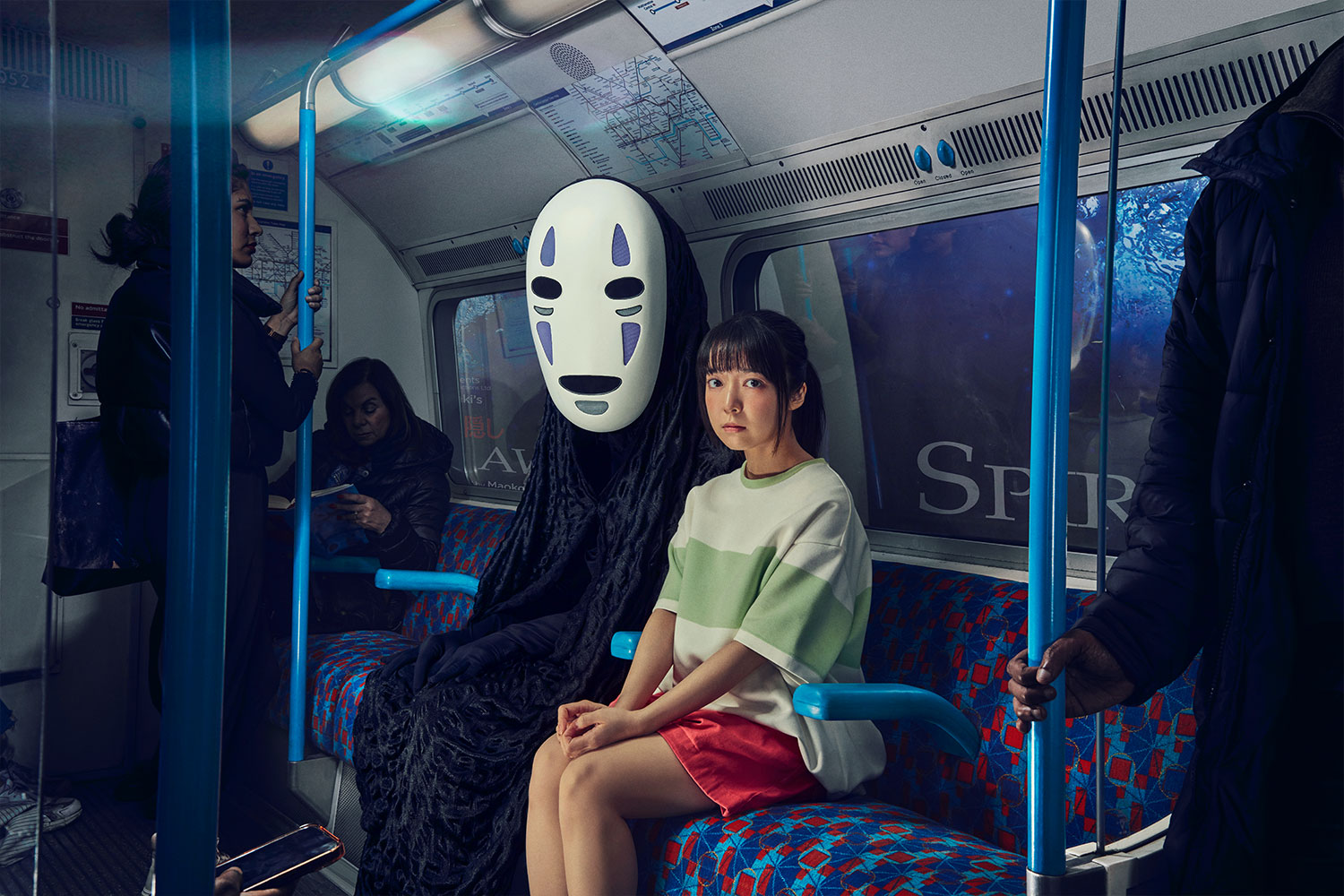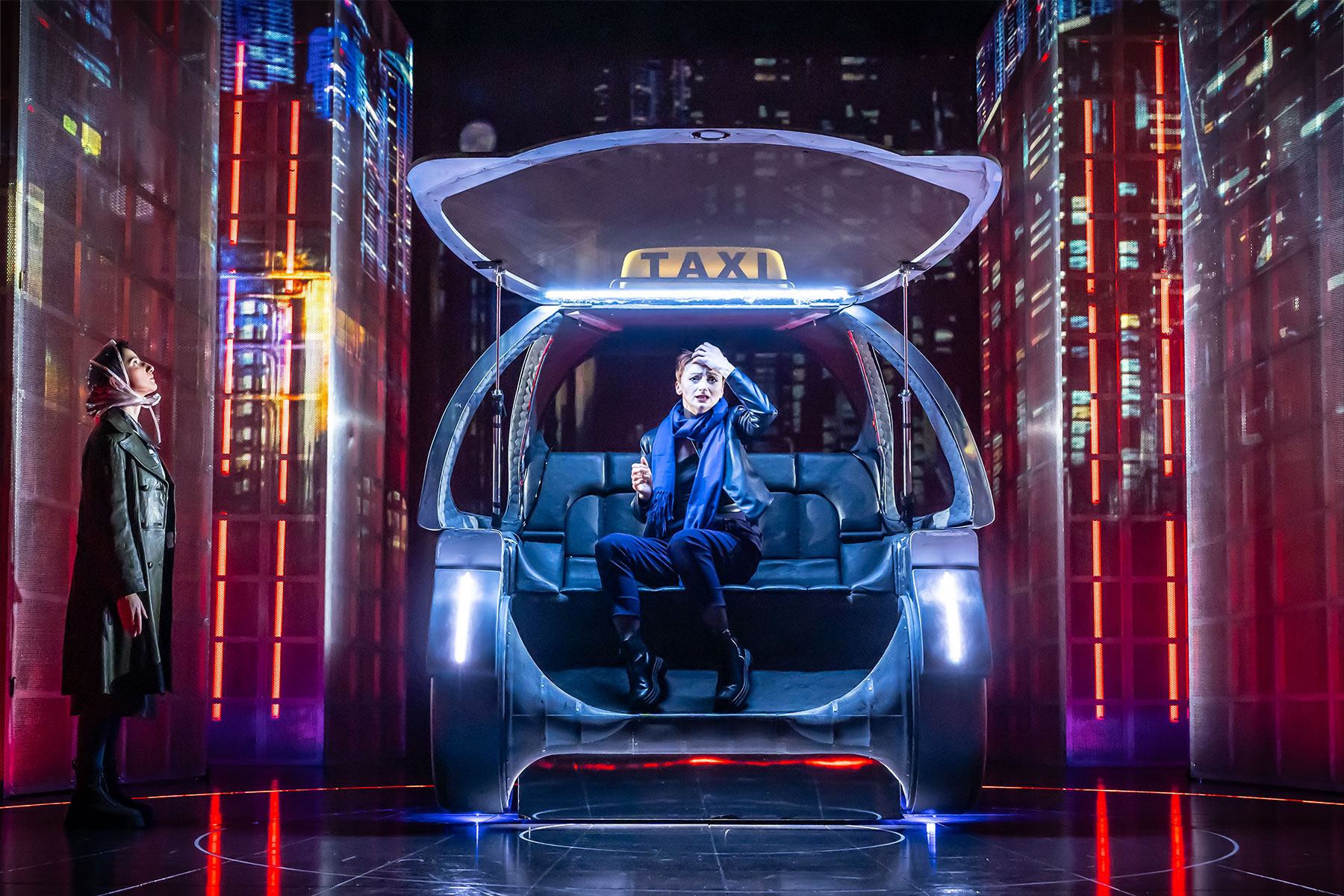Fela! (Plymouth)
A dynamic, frenetic fusion of spectacle, music, multimedia and biography explodes onto the stage with Fela! – the energetic award-winning import from Broadway.
Expecting freedom fighters in sequins, I wasn’t too far wrong but the touring show, produced in association with the National Theatre and supported by Plymouth’s Theatre Royal, is no frivolous song and dance extravaganza.
70s headline hitter, the maverick, political activist musician Fela Kuti has a vivid story to shame those of us for whom the oppression and theft of resources in Nigeria has passed by all but unnoticed. But this, although entertaining, just missed the mark – perhaps trying to do too much.
At least it sent me on a research mission in an attempt to fill in the gaps. And what gaps there are. But this is showbiz.
Sahr Ngaujah is superb in the title role switching effortlessly between performing Kuli’s famed Afrobeat (playing sax and trumpet as well as singing and strutting his stuff), telling the tale (albeit with a bit of poetic chronological licence), rolling spliffs and getting the audience on their feet ‘yeah yeahing’ and thrusting pelvises in a British stiff lower torso attempt to emulate his amazingly lithe, booty-shaking Queens.
This is one talented cast with Paulette Ivory, tremendous as Black Power evangelist Sandra Izsadore, and Melanie Marshall, a tour de force as Fela’s activist mother Funmilayo, of particular note.
Under creator Bill T Jones’s direction (and choreography) the senses are bamboozled by almost constant, pounding jazz-influenced music (with excellent live performers), fabulously sexy, shimmying dancers, Robert Wierzel’s tremendous lighting, exotic costuming and a moving portrait.
Projected images showing dreadful newsclips of brutality, newspaper headlines, images of everyday Nigeria and lyrics distract, horrify and inform on all sides.
Marina Draghici’s cleverly simple set reaches out from the depths of the stage with gantries and moving ladders, corrugated iron, graffiti, Ikea-Mira-esque art and opaque plastic panels.
Small changes and clever lighting moves the action from Lagos’s Afrika Shrine to the self-declared Kalakuta Republic to the haunting spirit world.
The music is Kuti’s as is the passion and the politics but there are flaws: there’s no real explanation of Fela’s beliefs, at times the story is hard to follow, and the first half is rather long and a bit same-y in places.
Otherwise something for everyone provided all strait-lacing is left outside.



